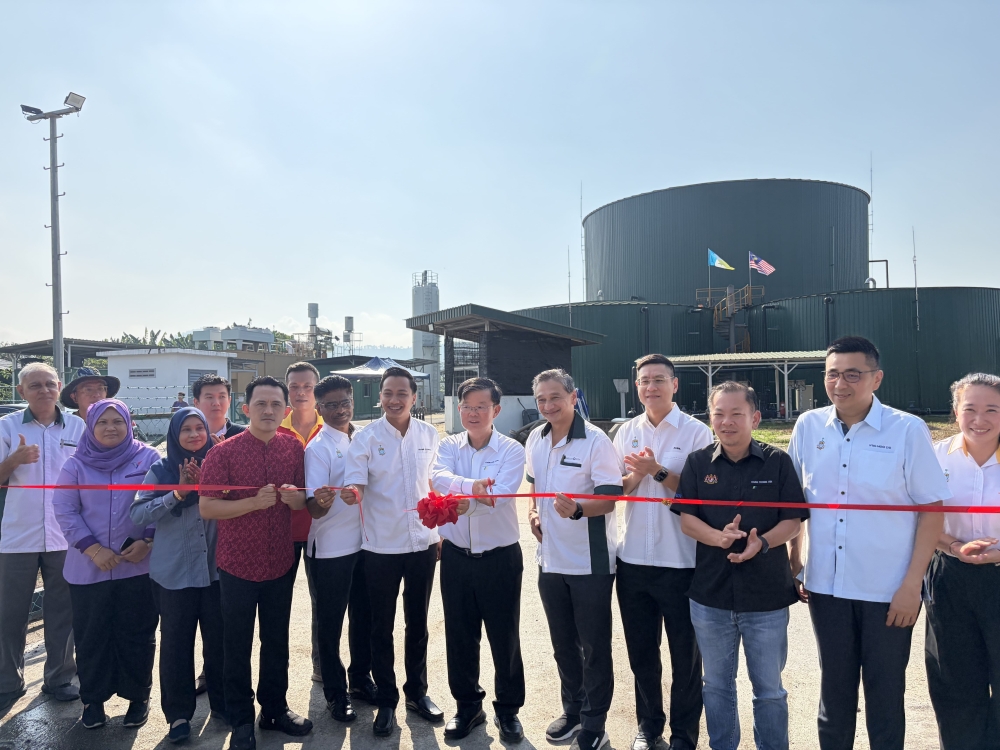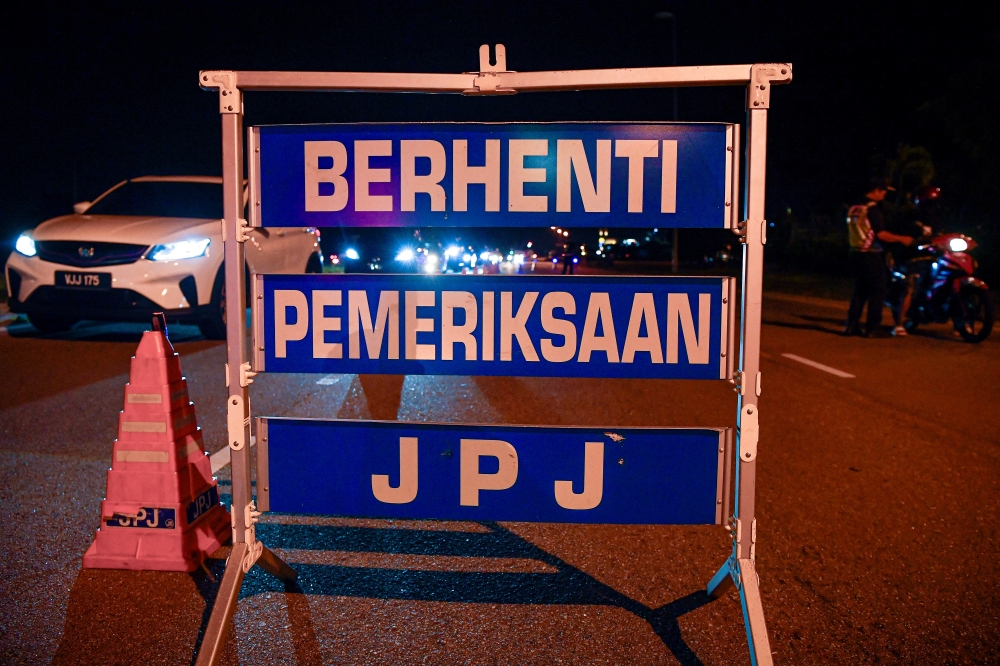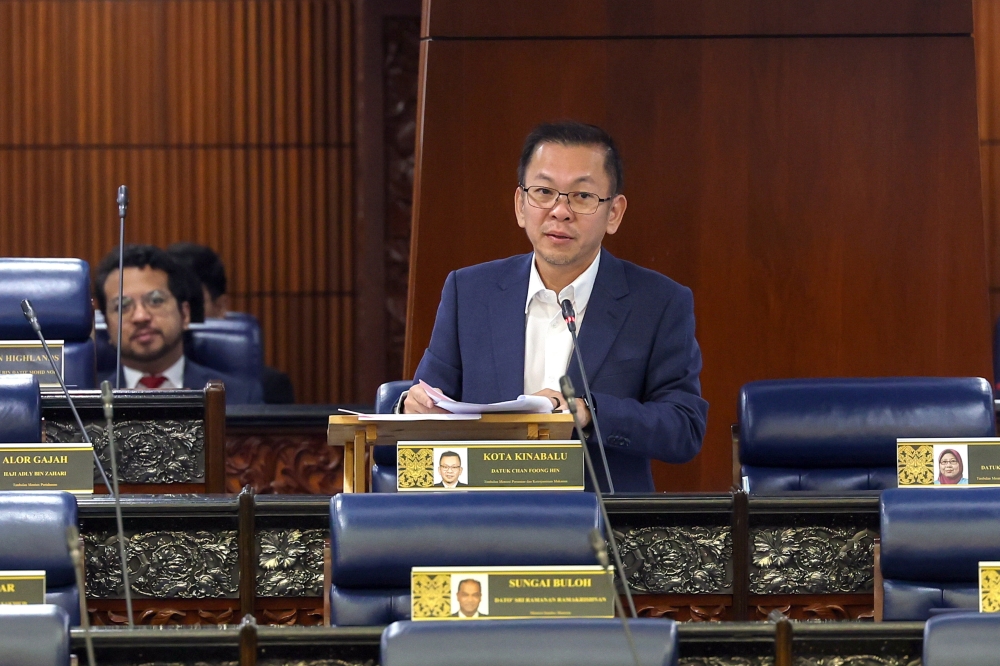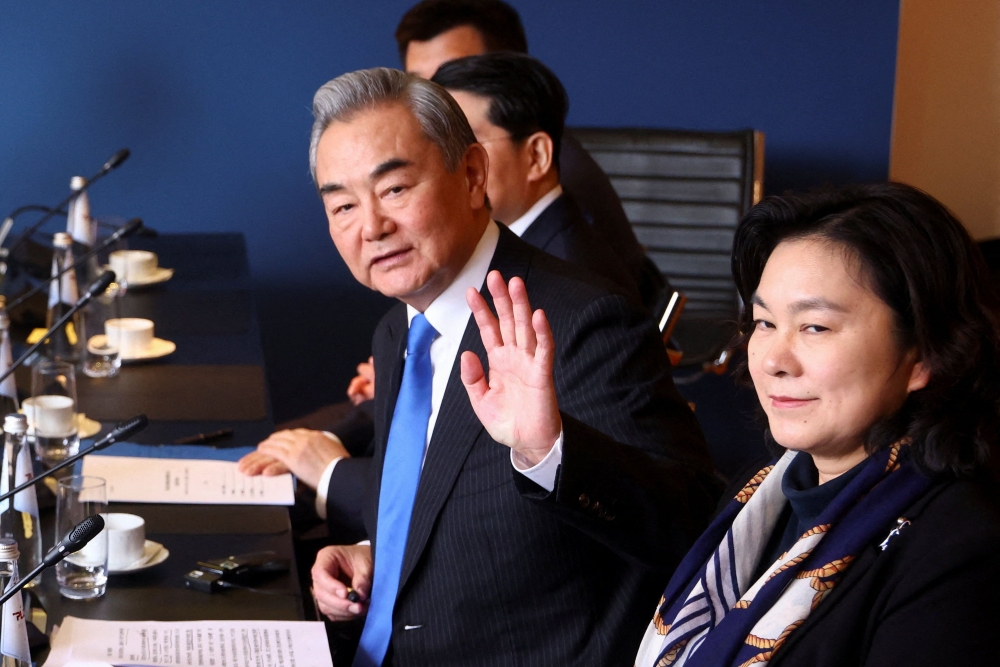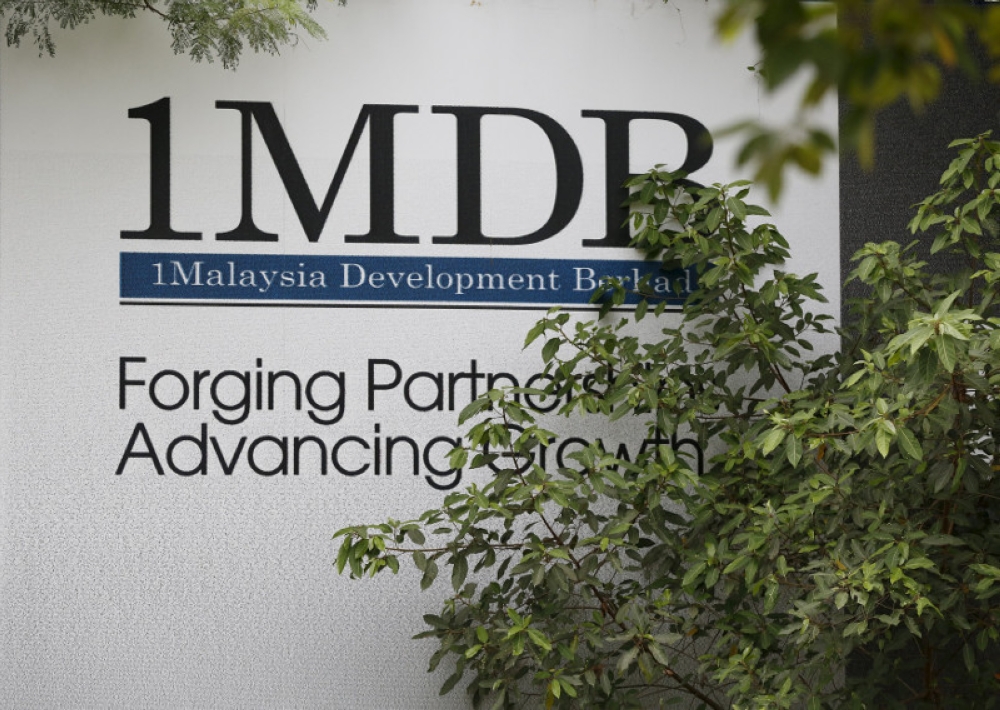MAY 17 — If Pakatan Harapan Plus — PKR, Amanah, DAP, Warisan and Tun Dr Mahathir Mohamad’s faction of Bersatu — can hold together without being cracked, Tan Sri Muhyiddin Yassin will likely have to make one of the two following choices:
First, to go to the polls to seek a fresh mandate which will be detrimental to Muhyiddin and Datuk Seri Mohamed Azmin Ali but to the delight of Umno;
Second, resign and allow the King to appoint a new government especially if he fails to pass Budget 2021;
I don’t rule out other possibilities such as Muhyiddin repressing parliamentary democracy altogether. But as long as Pakatan Harapan Plus is holding on tightly, Tan Sri Muhyiddin Yassin is stuck and has no room to manoeuvre.
Delaying Parliament sitting from March May 18 was meant to give him time to “buy” enough MPs to form a comfortable majority. That objective has clearly failed.
The Muhyiddin government is now afraid of calling Parliament.
First, Dewan Rakyat’s Secretary Riduan Rahmat’s removal and demotion five days before the 18th May crucial sitting is a sign of panic on the part of the government. Riduan, the most senior Parliamentary Service personnel who started his service with Parliament in 1989, was replaced with a relatively junior civil servant from the Prime Minister’s Department.
Second, the government dares not even face any vote in parliament, not even procedural votes. In the April 17 letter to MPs and the original plan indicated to party leaders, there were supposed to be some procedural votes, such as suspension of the standing order and voting to move the debate of royal address to July.
A procedural vote is of technical nature which supposedly has no political consequences. But why is the government even fearful of such votes?
The answer is simple: the government’s numbers are shaky and uncertain.
Perikatan Nasional has a maximum of 113 seats or less. As procedural votes are not of consequence, if any of Muhyiddin’s allies want to cause troubles, it is the perfect time to defeat a vote without the fall of government.
Third, in fact, while the government can bully the Parliament Speaker to not allow the official no-confidence motion to be on the agenda, each and every vote in parliament is a risk that could demonstrate that the government has no majority.
Which is why I said as long as Pakatan Harapan Plus is intact, Muhyiddin will continue to fear parliament whether it is July or September. But the government will still have to present Budget 2021 at some point otherwise there is no money to spend and everything grinds to a halt.
If Muhyiddin still can’t command a comfortable majority in the next two months, the presentation of the 12th Malaysia Plan is likely to be shelved too.
The longer he waits the more likely Umno will suffocate Muhyiddin with more pressure.
To give a little more context, essentially, British Westminster-style parliaments have three major functions.
First, to form the government. Parliament is where the majority of a government is formed and tested. It is not that minority government cannot rule. But when the government has no majority, it will have to negotiate each piece of legislation with the opposition. Muhyiddin is still thinking of buying MPs from the opposition and is not prepared to go to parliament to negotiate his ways as he is afraid that he will lose the majority on the parliament floor at the first instance.
Second, to make laws and approve spending. So much is needed to be done for the post-Covid19 new normal. Laws needed to be changed, spending needs to be debated and approved. This function of parliament has also been muzzled.
Third, to check and balance. Government backbenchers and opposition members are meant to hold the executive accountable through committee inquiries and parliamentary questions. The government is not even allowing written questions.
The Malaysian Parliament has made major gains in less than two years under Pakatan Harapan. If Pakatan made it back to power, Parliament needs to be further strengthened so that it will never be decapitated in whatever circumstances.
One phenomenon we saw over the past month is that Muhyiddin rapidly appointing Umno leaders who were not given a ministerial post to hold a GLC or board chairmanship. An executive in a GLC told me, “I cannot comprehend the fact that Datuk Seri Tajuddin bin Abdul Rahman Tajuddin (MP of Pasik Salak) is Prasarana chairman.”
Parliament under Pakatan has formed a bipartisan committee to scrutinise appointments. In the future, most GLC appointments can be vetted by the bipartisan committee so that no change of government could affect the office holders during the contractual period. But, of course, if the opposition such as Umno is not of democratic spirit, such reform is hard to execute.
During Pakatan’s time, GLCs or Boards appointed mostly professionals and if there were politicians, they were appointed based on credentials and professional experiences.
In the future, the Parliament’s committee chairs should be the coveted posts for senior backbenchers who do not join the frontbench cabinet. This would help strengthen the parliamentary system of checks and balances while enriching the nation as a whole.
A lot more could be done when Pakatan Harapan returns to office.
* This is the personal opinion of the writer or publication and does not necessarily represent the views of Malay Mail.








